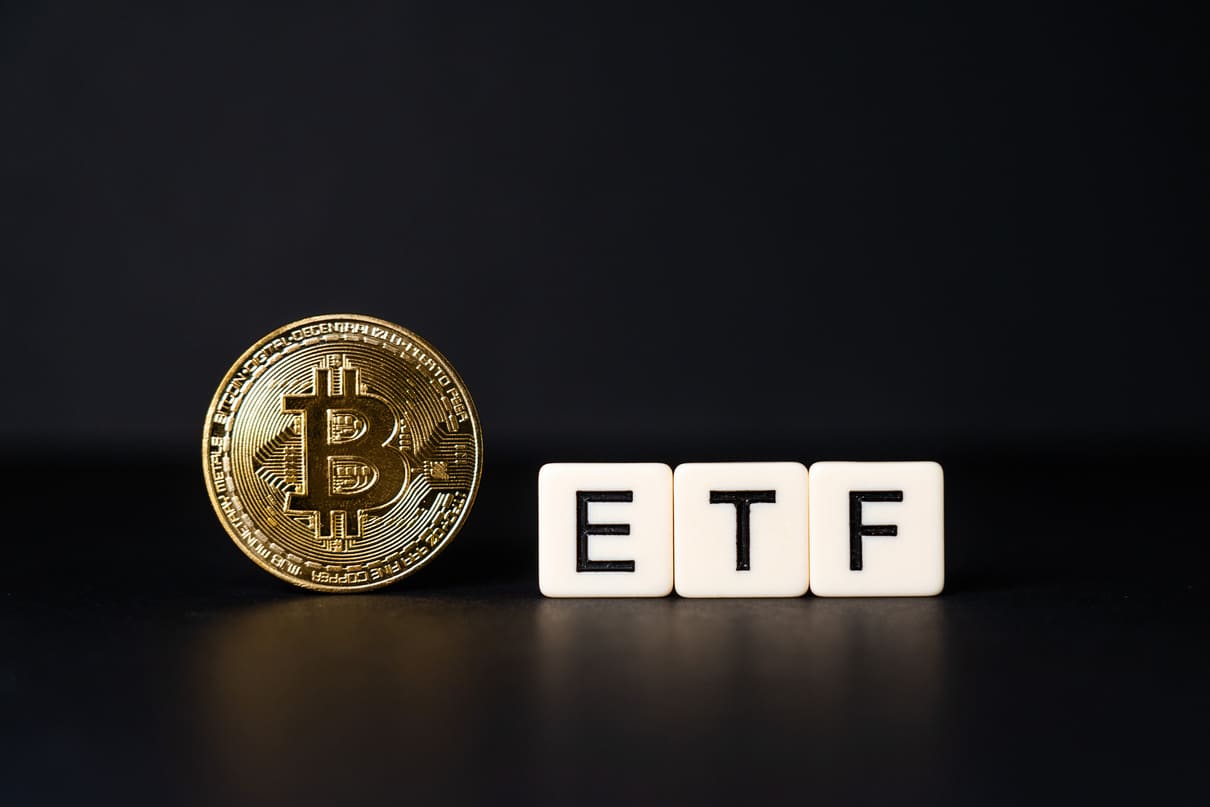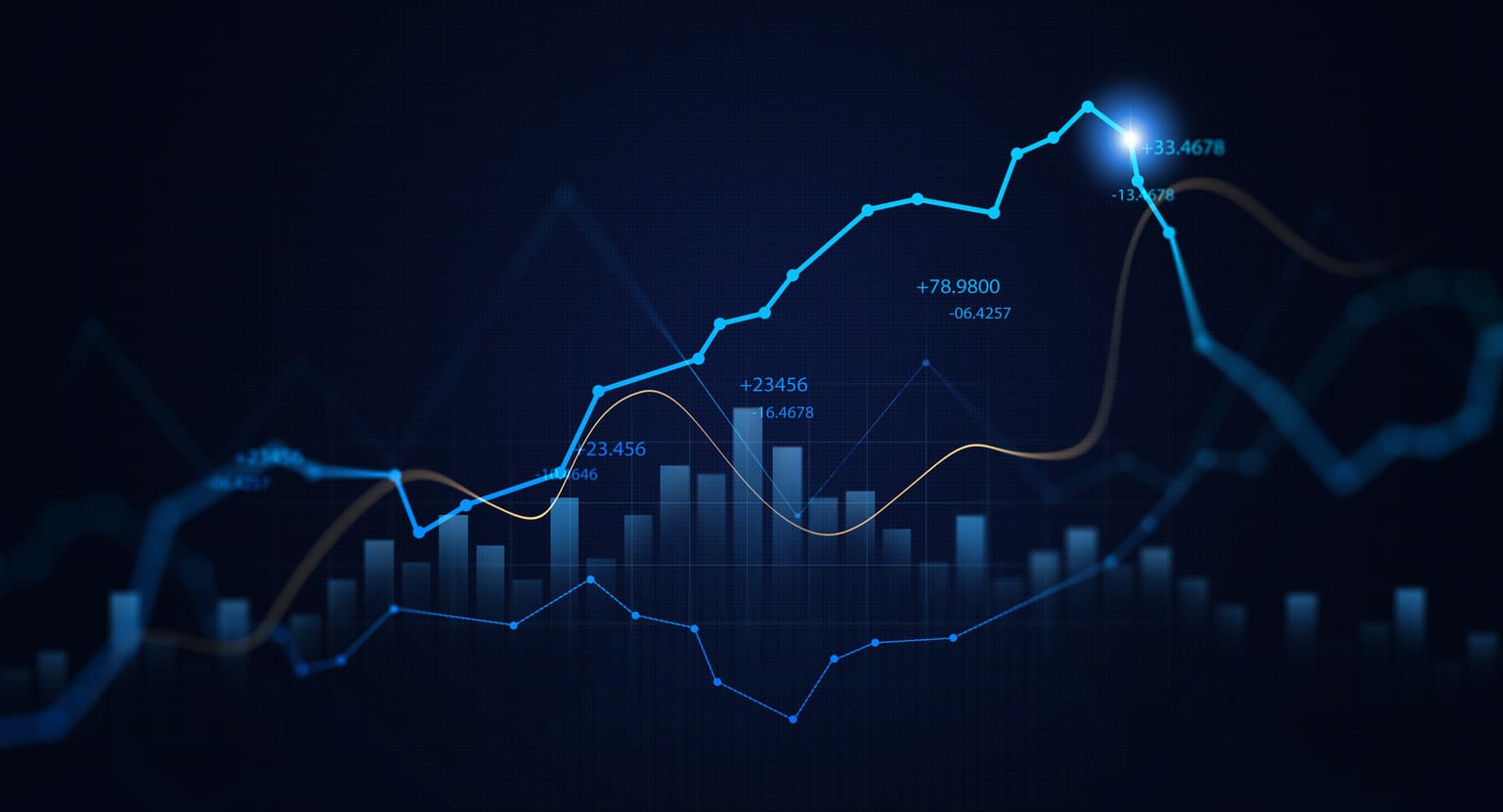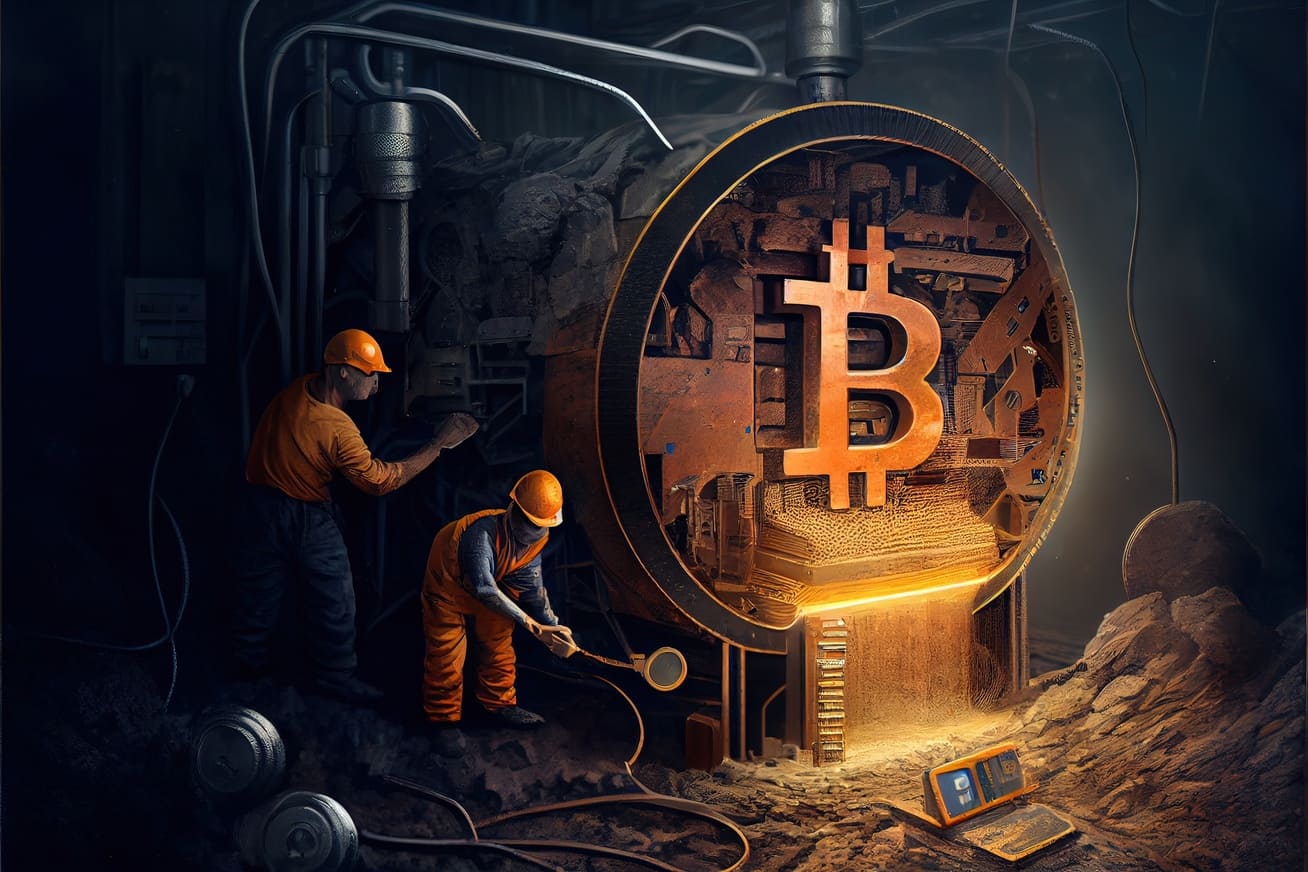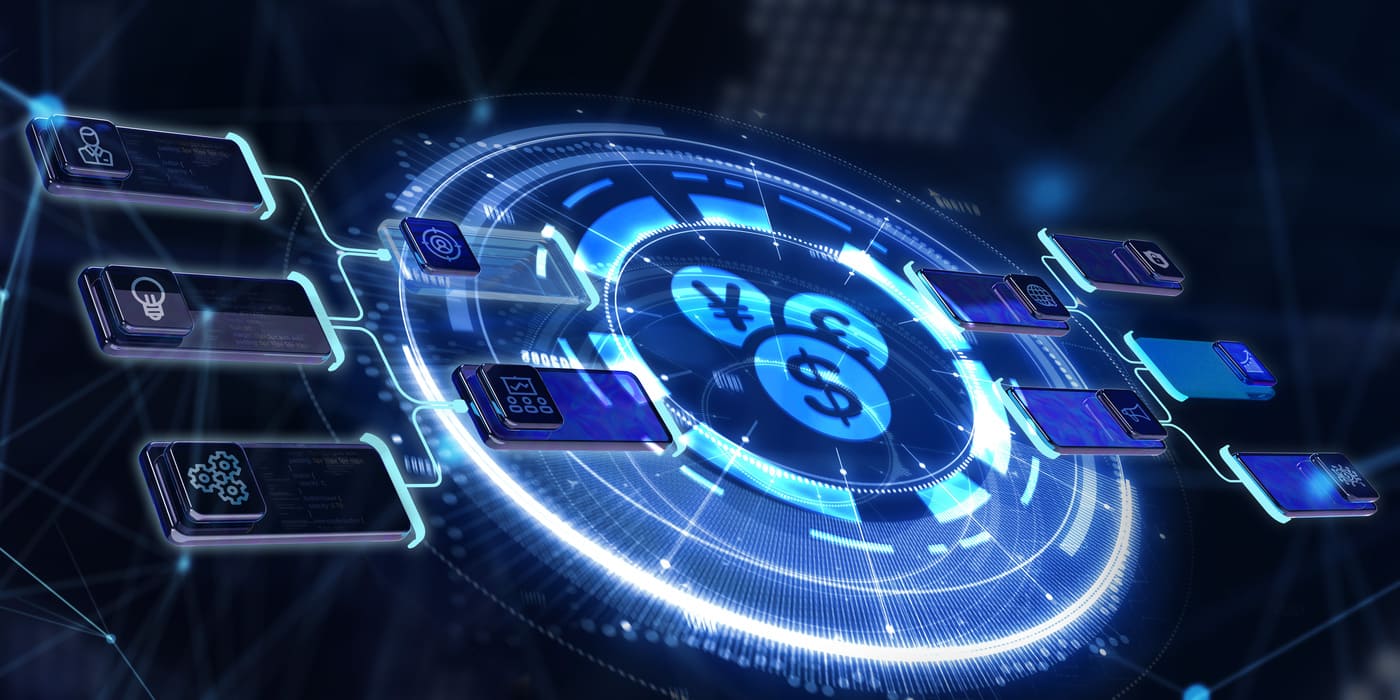Blockchain use cases and applications
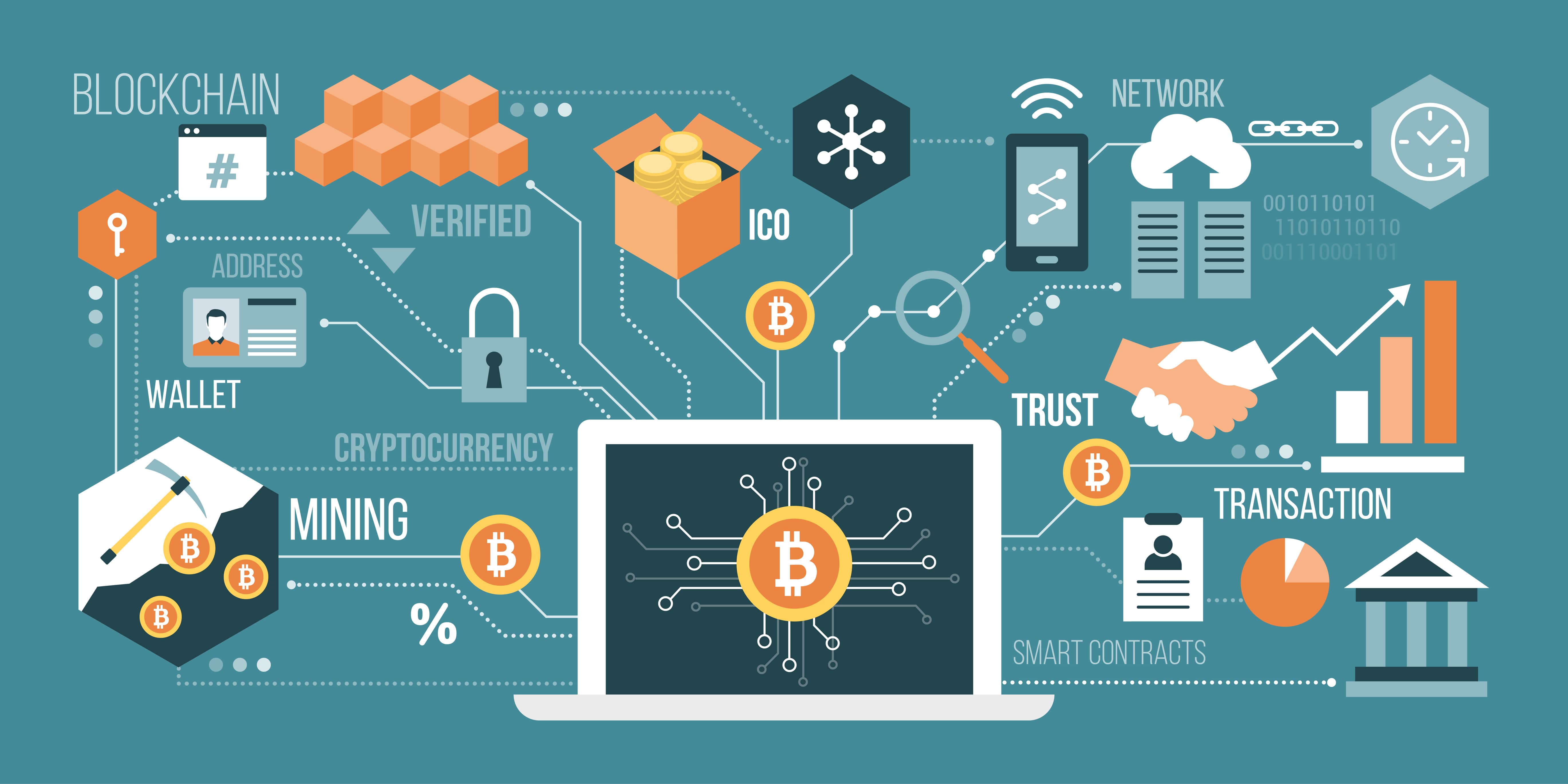
Use cases of blockchain
Blockchain applications go far beyond Bitcoin and cryptocurrency. By providing a decentralized, unalterable and transparent system of recording, storing and sharing information that preserves data integrity, the blockchain technology is reshaping a variety of different sectors, from how contracts are enforced to increase efficiency and privacy of payments and liquidity provision. That’s why blockchain is growing increasingly popular across a host of industries and businesses of all kinds, creating a multitude of use cases.
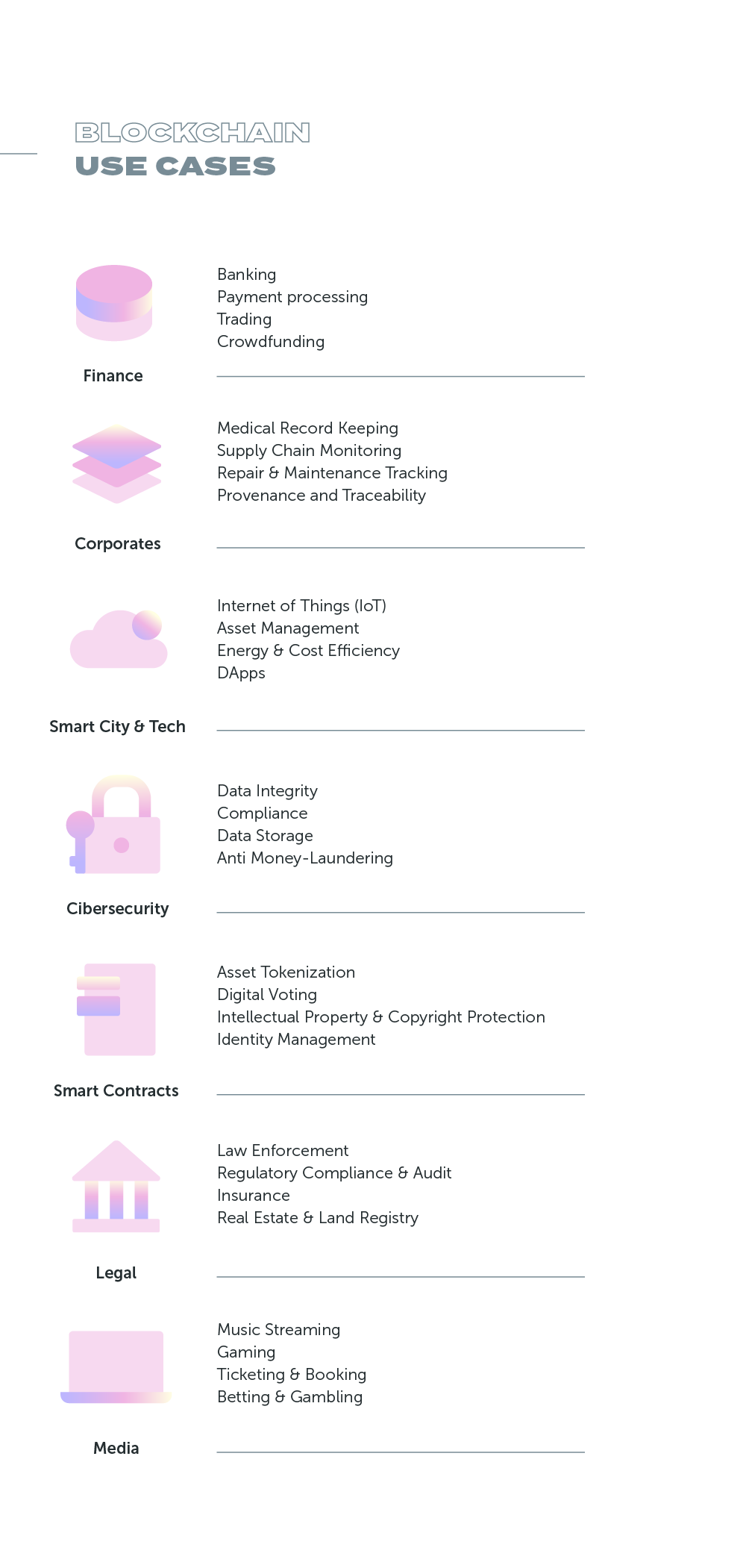
Where is Blockchain used? Examples of blockchain implementation
Blockchain is one of the fastest growing technology of the last decades, perhaps comparable to the internet and mobile phones. Providing a full taxonomy of applications is rather complicated and perhaps not particularly useful. We have rounded up the most interesting real-world blockchain use cases for this revolutionary technology. It is far from exhaustive as a list, but is indicative of the vast set of possible applications above and beyond cryptocurrencies.
- Financial services – For capital markets and financial services, blockchain unlock cheaper, more efficient and faster access to capital investments. From reducing the red tape for investments, counterparty risk and transaction costs, to increasing transparency, which is key for auditing and compliance. Broadly speaking, blockchain technologies can revolutionize the way business is done not only in the asset management industry, but also for consulting, compliance, and risk management at large. For instance, for issuers blockchain can facilitate securities issuance with the corresponding rights and obligations encoded in a smart contract which is automatically executed and does not need monitoring. For fund managers, blockchain technology can open up a host of different opportunities via peer-to-peer trading and exchanges. For retail investors, blockchain technologies can reduce the counterparty risk within a given investment contract, again through the benefits of automatically executable smart contracts.
- Government and regulators –Blockchain can improve the ability of government agencies and regulatory bodies to protect data, reduce fraud and hacks as well as making processes both more efficient and less discriminatory via automatically executable smart contracts. Similarly, the immutable nature of blockchain, that is transactions cannot be altered once the public ledger has been updated, potentially allows regulators to automate critical functions, especially for the financial sector, such as auditing and compliance. More generally, blockchain technologies can significantly help public administration to improve accountability, responsiveness, efficiency and become more secure, fast and agile.
- Healthcare – The healthcare industry can greatly benefit from blockchain technology. Suffering from inefficient practices, inability to securely share data across platforms, rising operating costs and wasteful spending, healthcare is looking at blockchain for driving greater efficiency, increasing security, privacy, and interoperability of health data. Blockchain offers an opportunity to facilitate transfer and exchange of patient medical records, manage the medicine supply chain and track medical supply. HealthVerity, Synaptic Health Alliance or Hashed Health are some of the players that are developing a blockchain-based platform to improve data management.
- Supply Chain – Blockchain’s immutable ledger facilitates coupled with the use of smart contracts can substantially improve the transparency into the origin of consumer goods, make significantly more efficient supply tracking, More specifically, the implementation of private, hybrid and public blockchains can significantly improve traceability and accountability, while the disintermediation provided by blockchain has the potential to solve the problems related to trust between different parties. All this is achieved by increasing cost-saving efficiency and enhancing the customer experience. Blockchain, with its decentralized tamper-proof architecture, is emerging as one of the most promising applications for enhancing product’s traceability in the food supply chain. Carrefour launched Europe’s first food blockchain in 2019.
- Energy and sustainability - Blockchain technology has the potential to bring significant benefits and innovation for the energy industry. A blockchain-enabled digital platform could facilitate managing energy supply, metering, billing, and clearing processes, but also further provide the basis for peer-to-peer energy trading and asset management. Ultimately, blockchain has the potential to increase the efficiency of energy supply and distribution from utility providers.
- Payment systems - Blockchain technology is becoming pivotal in the discussion of central banks and policy makers as far as payment systems are concerned. Much of the discussion floats around Central Bank Digital Currencies (CBDC). CBCD is essentially a digital form of money, which is a legal tender created and backed by a given sovereign central bank. Although there are different nuances between a wholesale and retail CBDC, they are mostly managed through a public ledger, that is, by using blockchain technology. According to a recent study conducted by the Bank for International Settlements, more than 70% of central banks and public institutions globally are actively doing research on CBDCs.
- Decentralized Finance (DeFi) – Decentralized Finance (DeFi) applications are perhaps the most representative impact of blockchain on financial markets. DeFi simply refers to peer-to-peer platforms which operate otherwise standard financial intermediation activities, such as borrowing and lending, but without the need of traditional intermediaries. DeFi applications have the potential to establish a new integrated and standardized economic system that sets new standards for financial access, opportunity, and trust, guarantee a more secure and transparent financial infrastructure and open up new capital opportunities and liquidity.
- Non-Fungible Tokens (NFTs) – With NFTs, blockchain is producing a real revolution in the art and collectibles world. The acronym NFT indicates a non-fungible digital token, i.e. a unique non-replicable and non-interchangeable code stored on a digital ledger (blockchain) which demonstrates and certifies a particular right, such as authenticity, authorship and ownership. Secured by the Ethereum blockchain, NFTs allow to tokenize any digital or real assets, so their authenticity can be proven and no one can modify or duplicate the record of ownership. Art Right and Nifty Gateway are among the most popular art marketplace using a unique crypto-material certification system based on Blockchain technology.
- Internet of Things (IoT) – Blockchain is increasingly being within the context of IoT applications. Its decentralized and distributed architecture can provide a transparent tracking system for a vast network of connected devices, manage how smart devices interact, process their transactions and enable secure trustless messaging between devices without the need for a centralized management. This decentralized approach supports the creation of a more secure and resilient ecosystem upon which smart devices can operate.
- E-voting –Government institutions are looking at blockchain as a potential application in electoral systems for making online voting secure and verifiable. Since blockchains can guarantee data authentication, inalterability, privacy and traceability through the distributed ledger technology, blockchains can enable secure voting, either remote or in-person, ensuring the accuracy and transparency of the counting voting operations. Implementing Blockchain-based online voting brings not only transparency, but also decreases the cost of hosting an election.Follow My Vote and Votem are developing online open-source voting platforms for future application.


